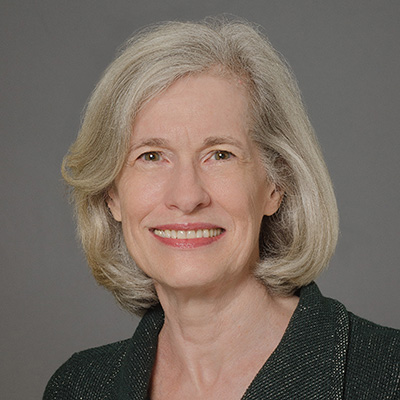Phone a Friend
It was a busy election night for Kirkland & Ellis. On November 2 the fiftieth floor of the firm's New York office had been converted into command central. Teams of lawyers [from Kirkland and beyond], paralegals, and law students staffed a toll-free hot line [866-OURVOTE] designed to assist voters with every manner of irregularity short of hanging chads. The hot line was launched by the Election Protection coalition, which had enlisted many law firms in its cause, including Debevoise & Plimpton and Skadden, Arps, Slate, Meagher & Flom. Kirkland's involvement was a little more unusual, since disenfranchisement is more a Democratic issue, and Kirkland putatively leans right, given its long association with Kenneth Starr, who left the firm in August to become dean of Pepperdine University School of Law.
But Marjorie Press Lindblom, the Kirkland partner overseeing the hot line, stressed that it was a nonpartisan effort. The firm, she noted, was charged with answering calls from Texas, South Carolina, Vermont, Nebraska, and Kentucky. "These are not battleground states," said Lindblom, as she nervously eyed the rooms where a small army of volunteers stared bleary-eyed into laptops as they fielded calls from disgruntled voters.
Around 6:30 p.m. EST, Kirkland partner Peter Doyle listened to a college student in Beaumont, Texas. She had registered in Houston, her home, but was hoping to vote in Beaumont. She wanted to know if she could file a provisional ballot there. After scanning the federal provisional-ballot statute, Doyle informed the student that she could only file provisionally in Houston, where she was registered. Did she have time to drive there before the polls closed? Not a chance. With a hint of sadness, Doyle offered his verdict: "It doesn't look good for you."
Most calls did not require much in the way of legal analysis-just common sense and patience. In another conference room, Jami Johnson, a paralegal with Hughes Hubbard & Reed, spoke to a woman from Greenville, South Carolina. The caller had filed a change of address notice, but when she arrived at the polls, she learned that the notice hadn't been processed. Poll workers sent her to the board of elections. There, she encountered hundreds of others in change-of-address detention. Many wanted to vote provisionally, but the board of elections clerk, incredibly, was telling them he hadn't heard of a provisional ballot. The caller had been standing in line for hours.
Johnson held her on the line, while she simultaneously tried to reach a field attorney to intervene. Unsuccessful, she tried to contact local election officials. Striking out again, she called in a supervisor, Ludovic Blain III, of the Democracy Program, run by Demos, a New York voting rights organization. He decided that they should reach out to the fourth estate. With help from Google, they found a Greenville television news station, which agreed to send a camera crew.
With that problem at least exposed to the glare of newshounds, Johnson fielded another call. The phones in the conference room rang incessantly: Voting machines were broken; non-English speakers couldn't find adequate translators. It seemed as if the wheels of democracy were coming unglued. "Anything run by humans will have human failings," offered volunteer Robert Malcham, a staff attorney at Gibson, Dunn & Crutcher.
Lindblom was equally philosophical. "Tonight," she said, "we are watching the sausage get made."
In the end the election was not so close that the sausage-making was an issue. At least this time.
REPRINTED WITH PERMISSION FROM THE DECEMBER 2004 EDITION OF THE AMERICAN LAWYER © 2004 ALM PROPERTIES, INC. ALL RIGHTS RESERVED. FURTHER DUPLICATION WITHOUT PERMISSION IS PROHIBITED

